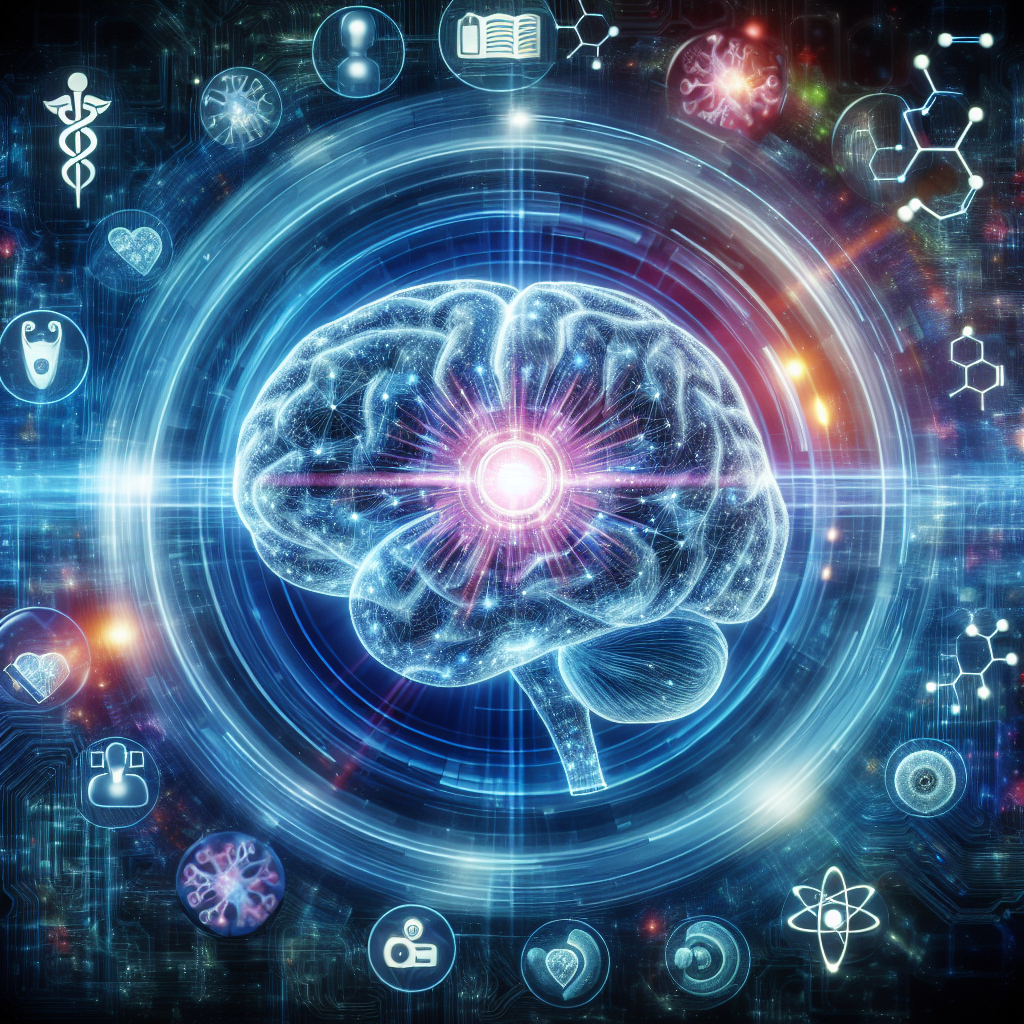AI Models vs. Medical Exams: Who Comes Out on Top?

AI Models vs. Medical Exams: Who Comes Out on Top?
Artificial intelligence (AI) is redefining the boundaries of what’s possible in many fields, and medicine is no exception. The fascinating study we’re diving into today sheds light on how AI language models are not only matching but potentially outperforming human capabilities in critical medical assessments. The research evaluated the ability of AI models to tackle questions from Turkey’s Medical Specialization Examination (TUS). Spoiler alert: AI is impressively holding its own against some of the smartest aspiring doctors!
Understanding the TUS and AI’s Role
The TUS is no walk in the park for Turkey’s medical graduates. It’s a rigorous exam they must pass to enter specialist training in medicine. Testing clinical and foundational medical sciences, the TUS demands a deep understanding of topics ranging from anatomy to complex clinical scenarios. While this is a real challenge for human candidates, three sophisticated AI models—ChatGPT-4, ChatGPT-4o, and Gemini—are showing that they can brace the challenge with astonishing success.
AI Models Put to the Test
The researchers embarked on an intriguing journey by feeding 240 TUS questions to these advanced AI models. The test examined their performance based on their ability to provide accurate and well-explained answers. ChatGPT-4, ChatGPT-4o, and Gemini are heavily sophisticated models built using what’s known as “Big Language Models” (BDM), which essentially means they’re trained on a vast array of text data and specialize in processing human-like text.
In the clinical medical sciences test (CMST), Gemini managed to answer 82 questions correctly. Impressive for a machine, but not as impressive as ChatGPT-4 and ChatGPT-4o, which answered 105 and 117 questions correctly, respectively. The same pattern held in the basic medical sciences test (BMST), where ChatGPT-4o again led the pack.
What Makes ChatGPT-4o Stand Out?
Think of ChatGPT-4o as the brainy version of ChatGPT with a supercharged memory and processing capability. It’s designed to not only produce high-quality output faster but also handle multiple tasks with finesse. This makes it incredibly competitive in an exam-style setting, consistently producing correct answers with contextual precision.
AI Models: A New Frontier in Medical Learning
Beyond just acing exams, these AI models could reshape the future landscape of medical education. Their ability to process information instantly and provide a range of perspectives means they could serve as fantastic supplementary tools for medical students. They can also assist educators in identifying common areas where students struggle, enabling more focused teaching strategies.
But there’s a broader implication here—these models could aid in clinical settings by suggesting diagnoses and synthesizing patient information, effectively supporting doctors in making informed decisions, especially in complex cases where multiple conditions might present overlapping symptoms.
Challenges and Ethical Considerations
While the amazing potential of AI in medicine is clear, there are some hurdles to cross. Concerns about accuracy, reliability, and ethical use of AI-generated outputs are vital. The models, as genius as they may seem, aren’t entirely foolproof and can occasionally produce incorrect or misleading information. Therefore, a critical evaluation of AI inputs is essential, meaning healthcare professionals must continue to rely on their judgment when integrating AI suggestions into clinical practice.
Data privacy is another major concern, as any patient information handled by AI needs robust protection to ensure confidentiality and security. Regulatory frameworks and ethical guidelines will play a pivotal role in ensuring that the integration of AI into healthcare settings is done responsibly.
Real-World Applications of AI in Medicine
The AI models we discussed are more than just theoretical marvels; they have practical applications. They can:
- Assist in analyzing and summarizing complex medical literature, allowing healthcare professionals to stay updated on the latest research.
- Help in creating tailored educational experiences for medical students by simulating patient interactions.
- Play a critical part in diagnostic procedures, assist in identifying potential drug interactions, and even in drug discovery processes by analyzing vast datasets to uncover hidden patterns.
Key Takeaways
- AI’s Exam Success: ChatGPT-4o outperformed the highest-scoring human candidate in the TUS, highlighting AI’s growing competence in medical exams.
- Educational Game Changer: AI models can transform medical education by providing instant feedback and helping identify areas where students struggle.
- Practical Medical Tool: Beyond education, these models show promise in aiding clinical decision-making and enhancing healthcare delivery.
- Ethical and Practical Hurdles: Despite its potential, AI’s integration into healthcare must be done cautiously, ensuring outputs’ accuracy and preserving patient data privacy.
This study beams a spotlight on AI’s potential to enhance and revolutionize various facets of healthcare—calling for a balanced approach that respects traditional learning methods while embracing innovative AI-driven tools. As AI continues to evolve, its integration into healthcare services will undoubtedly deepen, opening doors to unprecedented possibilities in medical science and education.
If you are looking to improve your prompting skills and haven’t already, check out our free Advanced Prompt Engineering course.
This blog post is based on the research article “Tipta uzmanlik sinavinda (tus) büyük dil modelleri insanlardan daha mi başarili?” by Authors: Yesim Aygul, Muge Olucoglu, Adil Alpkocak. You can find the original article here.




